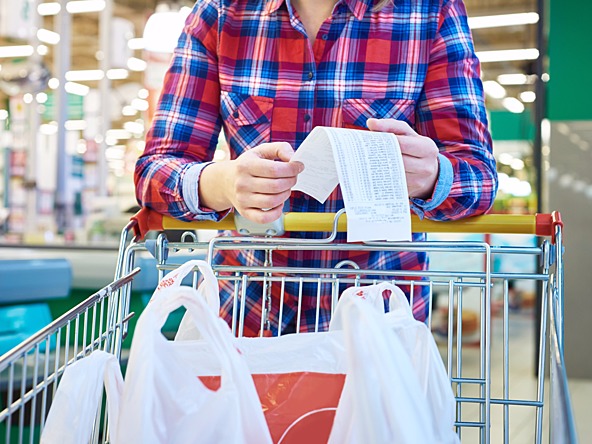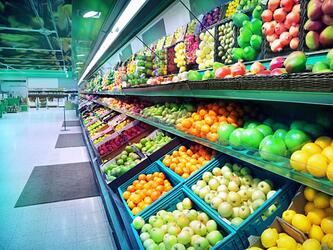Grocery bills rising as Brits blame Brexit

In addition, a majority ( 60%) believe brands are using Brexit as an excuse to increase prices.
Trinity McQueen surveyed 2,000 UK adults for the research to identity consumers’ attitudes to grocery costs following the UK referendum.
Around seven out of 10 ( 71%) believe food prices will increase after the UK leaves the EU and one in five ( 21%) expect prices to increase by ‘a lot’.
But whether shoppers voted leave or remain, affects their impression of why prices are rising. Those who voted remain are more likely to believe prices are generally rising; while those who vote to leave are more likely to feel that prices haven’t risen as much or will stabilise soon.
Overall three in five ( 66%) shoppers agree rising food prices will impact them significantly over the next year.
Anna Cliffe, joint-managing director of Trinity McQueen, said: “Our key finding is around uncertainty. Many of us feel unsure about what the future economy may bring and believe that prices will continue to increase once we leave the EU. We particularly see more pessimism and uncertainty among younger people, who were more likely to vote remain.
“Our data shows that shoppers – particularly the younger generation – are more likely to consider own-label products and reject big name brands too. It’s a warning for retailers and brands who need to deliver compelling products and lower prices to keep younger shoppers loyal.”

We hope you enjoyed this article.
Research Live is published by MRS.
The Market Research Society (MRS) exists to promote and protect the research sector, showcasing how research delivers impact for businesses and government.
Members of MRS enjoy many benefits including tailoured policy guidance, discounts on training and conferences, and access to member-only content.
For example, there's an archive of winning case studies from over a decade of MRS Awards.
Find out more about the benefits of joining MRS here.













0 Comments